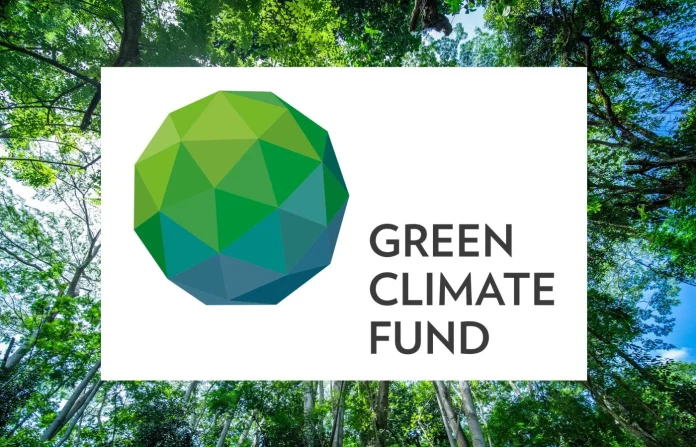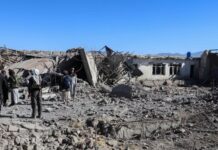 https://twitter.com/home https://www.facebook.com/Shabbir.Hussain191
https://twitter.com/home https://www.facebook.com/Shabbir.Hussain191By Shabbir Hussain
ISLAMABAD, Jul 17 (Alliance News) – The Government of Pakistan, in collaboration with the United Nations World Food Programme (WFP) and the Green Climate Fund (GCF), has launched a landmark $9.8 million climate resilience project to shield vulnerable communities in Khyber Pakhtunkhwa (KP) from worsening floods and extreme weather events.
The “Integrated Climate Risk Management for Strengthened Resilience to Climate” project aims to directly benefit over 1.6 million people living in Buner and Shangla—two of KP’s most climate-impacted districts. The launch took place during an inception workshop in Islamabad, attended by key stakeholders from federal and provincial governments, including the Ministry of Climate Change and Environmental Coordination (MoCC & EC), disaster management bodies, and development agencies.
The initiative, funded by the Green Climate Fund, will implement critical early warning systems, including weather stations and river level monitors. It will also improve coordination among disaster response agencies and ensure timely alerts reach local populations. Community members will be trained in interpreting warnings, evacuation protocols, and proactive disaster risk reduction.
In addition, the project will strengthen local disaster management institutions, equip emergency responders, and upgrade climate-resilient infrastructure to reduce response times and safeguard lives and property.
The launch comes as Pakistan faces an early and deadly monsoon season in 2025, with more than 100 lives already lost to flash floods and landslides. In 2022, the country witnessed unprecedented flooding that inflicted over $1.5 billion in damages in KP alone, with Buner and Shangla among the hardest hit due to repeated disasters, poverty, and inadequate adaptation investments.
Sameera Sheikh, Joint Secretary at the MoCC & EC, said, “Pakistan is one of the world’s most climate-vulnerable countries. Projects like this are essential to build resilience in communities facing the brunt of climate change.”
Dr. Ehtisham Ulhaq, Chief of International Development at the Government of KP, emphasized, “This is more than just an emergency measure—it’s a pathway to sustainable climate finance for our most at-risk populations.”
WFP Country Director Coco Ushiyama highlighted the comprehensive nature of the initiative: “This multi-pronged project combines early warning, anticipatory action, and local adaptation planning. It will protect not only lives but also food systems and livelihoods.”
The initiative supports Pakistan’s national climate strategies and KP’s disaster risk reduction frameworks, while also aligning with the Green Climate Fund’s Strategic Plan 2024–2027, focusing on urgent adaptation priorities and strengthening community resilience.






